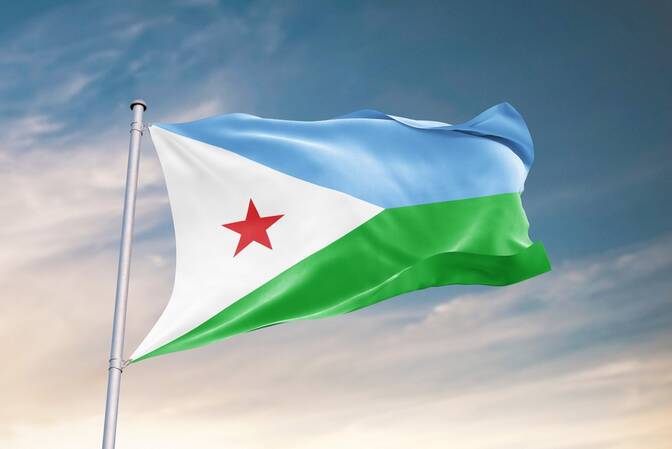Independence Day
June 27, Friday

Historical context
Before gaining independence, the territory of Djibouti was known as the French Somaliland (or French Somali Coast). Important historical events:
* Since the 19th century, Djibouti was under French control
* Referendums on independence were held in 1958 and 1967, but the majority voted to maintain ties with France
* On June 27, 1977, the third referendum took place, where the overwhelming majority voted for independence
* On the same day, the Republic of Djibouti was proclaimed
How the celebration takes place
The holiday is widely celebrated throughout the country, especially in the capital city of Djibouti. The program includes:
* Military parades and ceremonies involving the army and police
* Speeches by the president and other government officials
* Cultural festivals, dances, concerts, and street processions
* Decoration of cities with national flags and symbols
* Great public interest in historical films, broadcasts, and exhibitions about the struggle for independence
Significance of the holiday
This day holds great importance for the citizens of Djibouti as it:
* Strengthens national identity
* Reminds of the people's struggle for freedom
* Serves as a moment for unity and national pride
* Allows reflection on achievements and challenges facing the country
International support
The Independence Day celebration is also accompanied by congratulations from foreign countries and international organizations. Djibouti plays an important strategic role in the Horn of Africa region, making this holiday a notable event not only domestically but also internationally.
